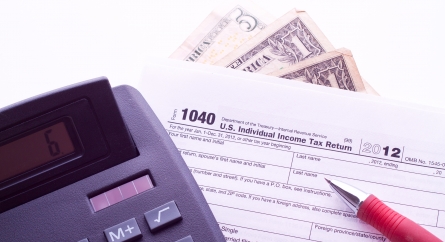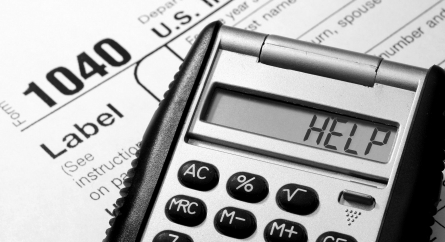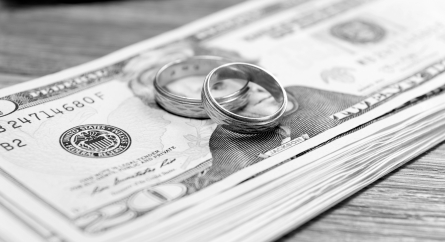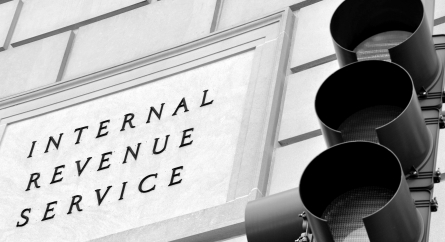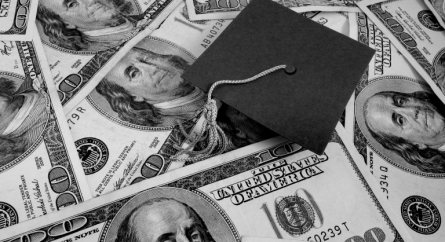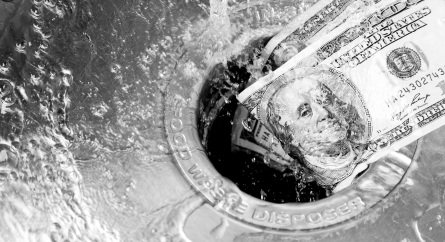Postscript on Increased Reporting to the IRS for PayPal, Venmo, Third-Party Payment Networks
As we wrote in December, third-party payment networks, such as PayPal and Venmo, must report to the IRS any transactions for goods or services in excess of $600 starting this year. The House’s Build Back Better Proposal would separately require third-party payment networks to apply backup tax withholding to such payments. If the payment recipient fails to furnish his TIN, the IRS would notify the payor that the TIN furnished is incorrect, or the IRS would notify the payor of an underreporting by the payment recipient. When backup withholding would be required, the payor would be required to deduct and withhold from payments a tax equal to the fourth lowest tax rate applicable under the Code multiplied by the expected payment. Back-up withholding currently applies to payments by third-party settlement organizations to participating payees only if the transaction value exceeds $20,000 and the number of transactions exceeds 200.
The Build Back Better Proposal did not pass in 2021. Now is a good time to scrutinize the proposal further given its broad aims. Build Back Better aims to fund the IRS with $79 billion through 2031. The bill allocates $45 billion for IRS enforcement, $27.3 billion for operations support, $4.75 billion for business systems and modernization, $1.9 billion for taxpayer services, as well as $4.1 billion for the IRS to carry out changes from the Build Back Better legislation. President Biden’s administration has stated that Build Back Better’s proposed funding for IRS enforcement would allow the IRS to collect an additional $400 billion dollars in taxes owed. The U.S. Treasury Department has stated that this $400 billion dollars in taxes owed should be included as revenue generated by the proposed legislation.
Perhaps to facilitate this collection of taxes, the Build Back Better Proposal also modifies the procedural requirements for the IRS assessment of penalties. The Build Back Better Act repeals section 6751(b) of the Internal Revenue Code, which requires IRS agents to receive written approval from their supervisor to assess taxpayer penalties (other than for automatically calculated penalties such as for late filing or late payment). In its place, the proposal would require supervisors of employees to certify quarterly whether or not the IRS has included with each notice of penalty, the name of the penalty, the section of the Code under which the penalty was adopted, and a computation of the penalty. According to the legislative history of the Internal Revenue Service Restructuring and Reform Act of 1998 (P.L. 105-206), Code section 6751 was adopted because Congress believed taxpayer penalties should be imposed only where appropriate and not as a bargaining chip with the taxpayer. While Congress is pushing for better IRS enforcement, why should Congress focus on small payments for goods and services made through Venmo or PayPal? In addition, why change the procedural rules that mandate IRS accountability for the imposition of penalties?
Categorized: Taxes
Tagged In: Taxes, third-party payments




